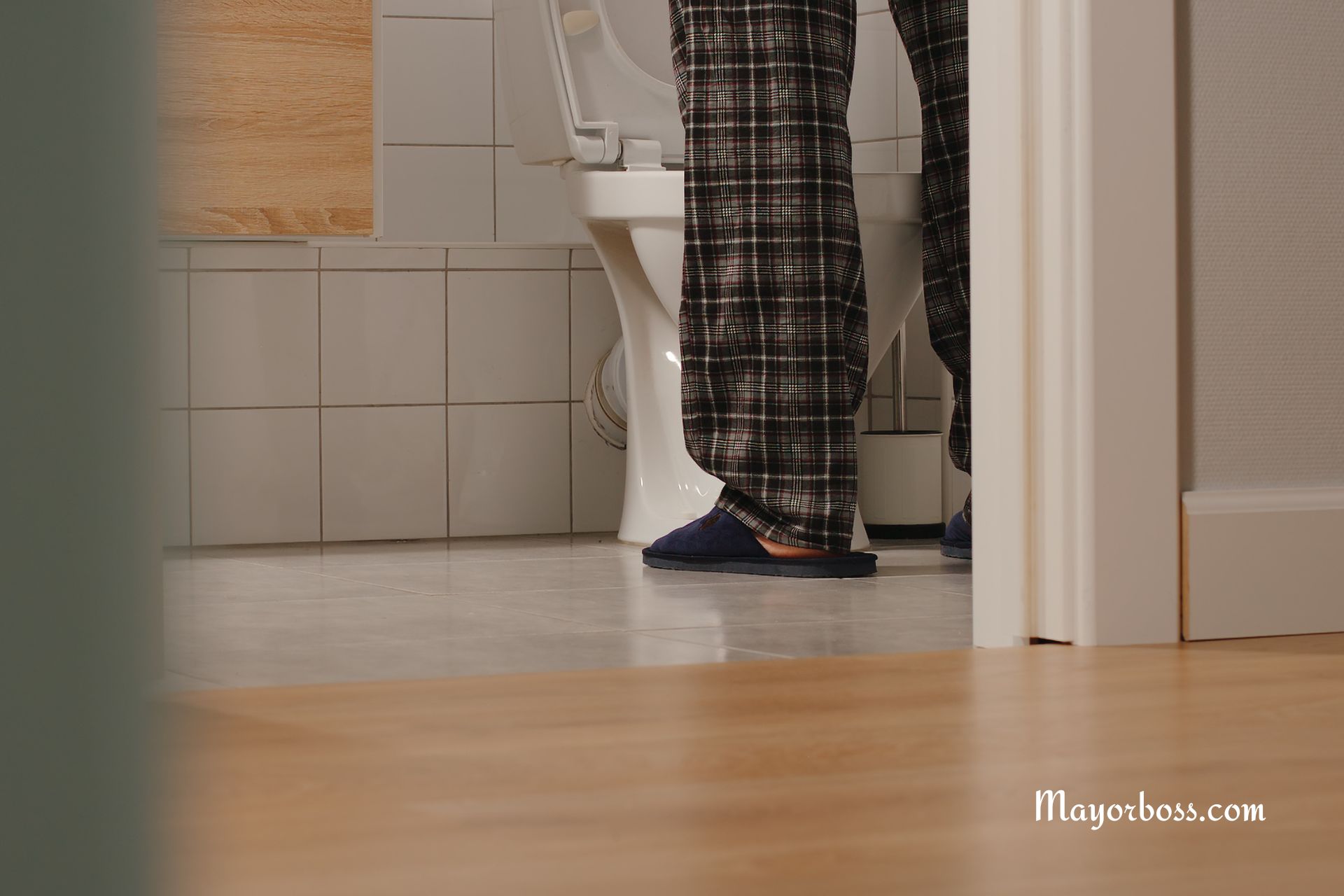Symptoms of Kidney Damage in Urine at Night
Kidneys are two important bean-shaped organs that perform the most vital work: removing waste and unwanted fluid from the blood. They also help balance salt and minerals, control blood pressure, and make certain hormones. When they begin to fail, they do not usually send a loud warning. Instead, they give off gentle hints, especially through your urine—often at night when you least expect it.

You might wonder: Why focus on the nighttime? The truth is that nighttime urination gives us a special window into how well our kidneys are functioning. Most people can sleep through the night or perhaps wake up once to use the bathroom. However, when kidney damage starts, certain changes may occur that can disrupt this pattern. Urine might take on different colors, or you may notice changes in how often you need to go. Nighttime is a quiet time, and it is easier to notice these changes.
As your body rests, the kidneys continue their work, filtering the blood and producing urine. If this process is compromised, you might see unusual clues in that late-night bathroom visit. And catching these signs early can help in managing any kidney issues.
Signs to Look For in Your Urine at Night
1. Increased Frequency of Urination
One of the first signs of kidney damage may be that you need to visit the bathroom more often, especially during the night. Healthy kidneys concentrate urine, so you do not produce as much at night. But if they are starting to fail, they might not be able to concentrate urine well, causing you to produce more urine. This leads to frequent trips to the toilet after bedtime. So, if you find yourself waking up two or three times every night to urinate, it could be a signal that something is not quite right.
2. Changes in Color and Clarity
Your urine’s appearance can say a lot about what is happening inside your body. Normal urine usually has a light yellow color and is fairly clear. But kidney damage can alter these characteristics. Sometimes urine may become very pale or even colorless if your kidneys cannot concentrate it. Other times, it may turn darker or appear cloudy. You might even see blood-tinged urine in some cases. Blood in the urine (hematuria) can show up as pinkish or reddish urine, which might be a worrying sign of kidney trouble. If you notice any of these changes over several nights, it is time to take action and seek medical advice.
3. Foamy or Bubbly Urine
Foamy or bubbly urine is not something most people pay attention to. After all, a few bubbles can appear now and then. However, if you frequently notice thick, frothy bubbles in your urine, it may point to protein leakage. Normally, protein stays in your bloodstream, but damaged kidneys might let some protein slip into your urine. This can create foaminess that looks similar to the foam you see after you pour a glass of water too quickly. If this foaminess continues night after night, it may be a sign of kidney damage.
4. Pain or Discomfort
While the act of urination might not typically cause pain, sometimes people with kidney damage experience mild aches or pressure in the lower back or sides. This discomfort can happen at any time, but you may notice it more at night when you are still and quiet. The cause could be swelling or inflammation in the kidneys. If such pains accompany unusual changes in your urine, it may be time to have a professional evaluate your kidneys’ health.
5. Strong Odor
You might not think of smell as a clue, but if your urine starts to have a very strong or foul odor, it could be another subtle signal. Healthy urine has a mild scent. When kidneys are not working properly, waste products may build up, leading to a stronger smell. If this continues for several nights and comes alongside other troubling signs, it is wise to get things checked out.
Other Symptoms to Consider
Nighttime changes in urine do not exist all by themselves. Often, they are part of a bigger picture. If you suspect kidney damage, also look for other signs during the day. For example, are you feeling more tired than usual? Do your ankles or feet look puffy? Have you noticed headaches or difficulty concentrating? Are you experiencing a loss of appetite or feeling sick to your stomach?
Your kidneys play a large role in keeping your body balanced, so if they are not doing their job, it can lead to many subtle symptoms beyond changes in urine. Putting these clues together can help you see the bigger picture.
When to Seek Medical Help
If you notice persistent changes in your nighttime urine patterns—such as increased frequency, unusual color, foamy texture, blood, or a strong odor—it is important not to ignore these signals. Do not let fear hold you back. Most kidney problems, when caught early, can be managed more effectively.
A healthcare professional can perform simple tests, like checking your blood and urine, to find out what might be wrong. They can also monitor your kidney function and recommend diet or lifestyle changes to help slow down or even stop further damage. For example, controlling blood pressure and managing diabetes, if you have it, can greatly improve kidney health.
How to Support Your Kidney Health
Preventing kidney damage can be as simple as paying closer attention to your lifestyle. Here are some basic tips to keep in mind:
- Stay hydrated: Drinking enough water helps your kidneys filter out waste.
- Eat a balanced diet: Include fresh fruits, vegetables, whole grains, and lean proteins. Limit salt and processed foods.
- Exercise regularly: Moderate activities like walking or biking help improve overall health and blood pressure.
- Keep an eye on blood pressure and blood sugar: High blood pressure or diabetes can strain the kidneys. Talk to your doctor about maintaining healthy levels.
- Avoid unnecessary medication use: Some over-the-counter pain medicines can harm kidneys if taken too often.






